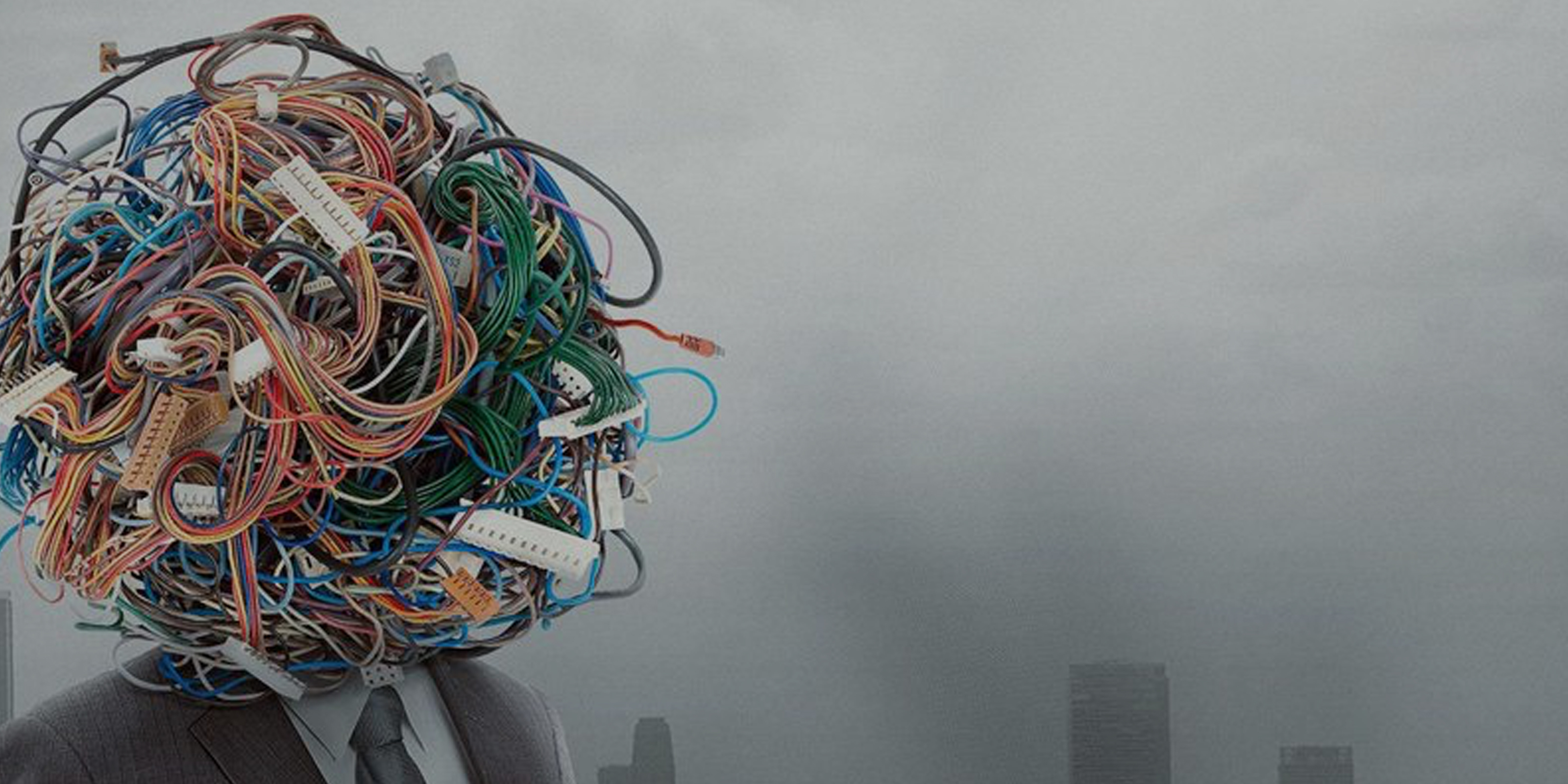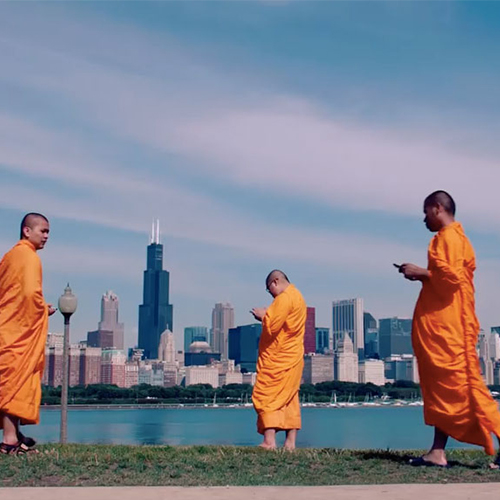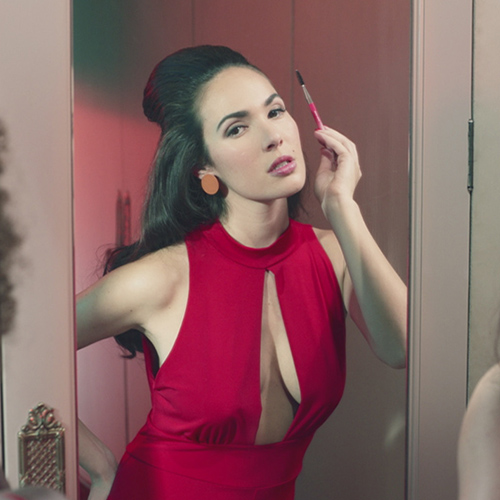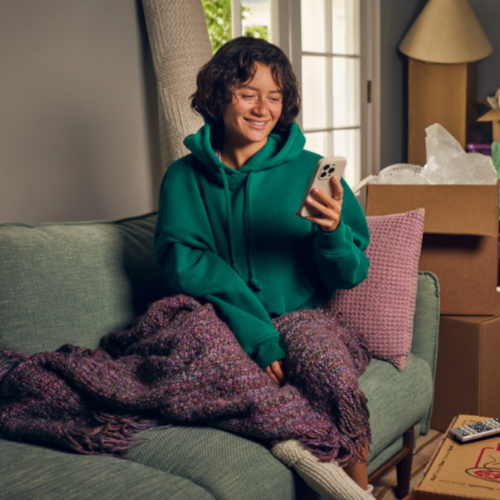Pereira O’Dell explored the history of the internet in its branded documentary, Lo & Behold, in which it asked the poignant question of what the future of technology will look like and challenged our relationship to it. After scooping up Gold at this year's shots Awards, the agency's ECD, Pereira & O'Dell NY, Dave Arnold, lifts the lid on creating such an adventurous project.
You were involved with NETSCOUT’s documentary from the start. Can you tell us about its inception/what the client wanted and the initial thinking behind the campaign?
The project started with us wanting to tell stories about people who have dedicated their life to protecting the omnipotent technology around us we now take for granted. The more we started thinking about these people the more they became these guardians of the connected world, almost superheroes in the dark corners of corporate buildings outsmarting those looking to sabotage the network. Since NETSCOUT provides the best tools in the world to assist these guardians it felt like an opportunity to highlight them and tell their stories.
How much freedom was there in terms of the direction and how you interpreted the idea?
One of the amazing things of having the trust and friendship of a client is that the latitude and creative ambition becomes mutual. Once Werner Herzog came on board, Jim McNiel and I were both very focused on allowing him to approach the project from a non-technological point of view - a tourist almost - and his curiosity about the intersection of connectivity and humanity led us from a series of stories to something much bigger.
For Lo & Behold, why did you decide to focus and challenge mankind’s relationship with technology?
It seems like our relationship with technology today is very much like our relationship with the air around us - we appreciate it when we think about it, but rarely do. Over dinner in between one of our shoots, I remember Werner saying that if a solar flare hit earth and knocked out our electricity grid, we wouldn't go back to the 1980s and build back up from the analog grid because that's now gone, we would go back to the 1880s where we would need to be able to catch food with our hands and protect those we love without the help of YouTube. It sounds very dystopian, but to the scientists we spoke to it's not, in fact it's inevitable.
One of the Awards judges referred to the film as “ambitious, intelligent and that rare thing – a piece of long-form branded content”. Why do you think this series has been so successful and why was this form suitable?
I keep going back to Werner's ability to take his audience to a place they had never gone before, a place that can be dark and seemingly irreversible, and then say something filled with humor and wit that takes all of the tension out of the scene. I have seen the film a few times now with large audiences, and I always look around before moments I know will get big laughs, and for such an important subject matter I think that range of emotion is what has separated it from the branded content our industry is used to.
What was the hardest part of putting this film together?
The hardest part was initially getting Werner on board. He doesn't do advertising, and it took a while for him to trust we didn't want to do advertising either. But once he was on board we started collecting stories from the people who built the Internet, hearing from them how they never intended for it to become what it is today, and then juxtaposed to that we heard from people today who are propelling us forward in ways science-fiction has always promised. Once the list of incredible subjects grew past 15 or so the project took on a life of its own. I think the hardest part would've been not making the film, especially after Werner told me he would've climbed to the top of a mountain to edit it whether we wanted him to or not.
Read the article in Shots here







